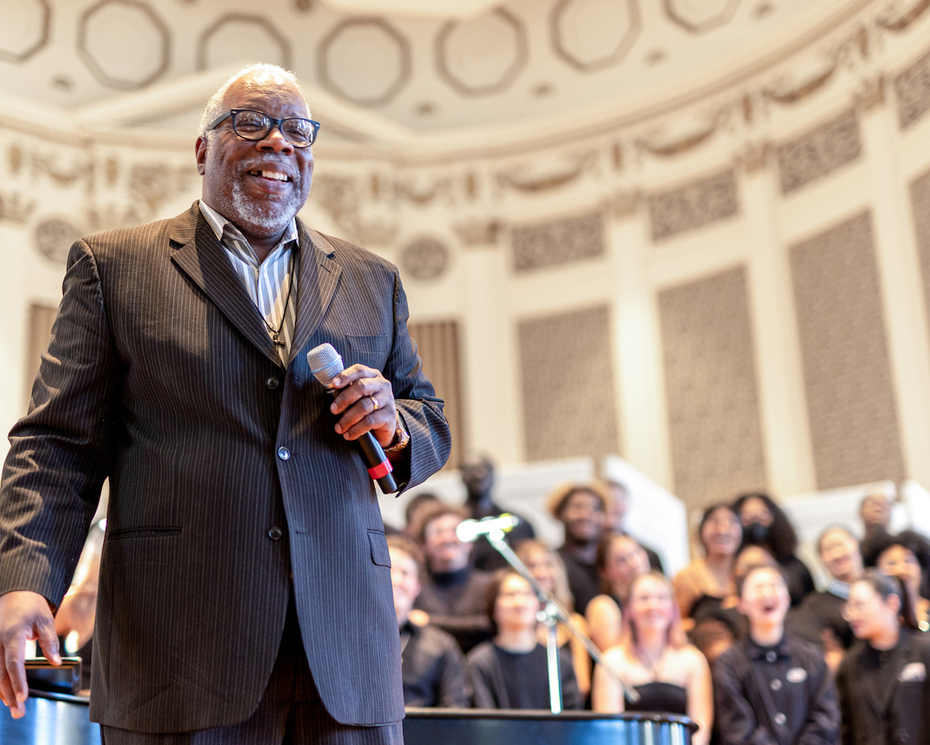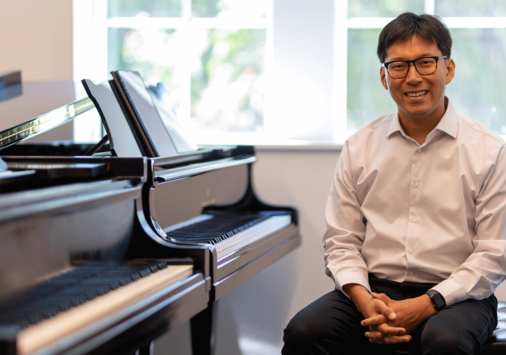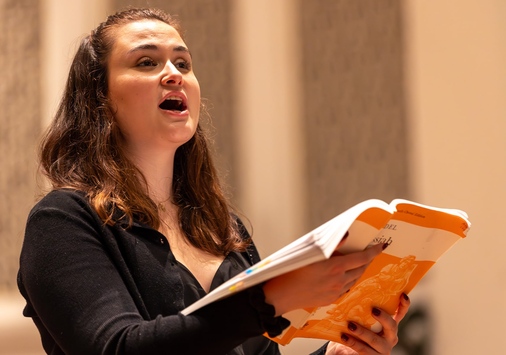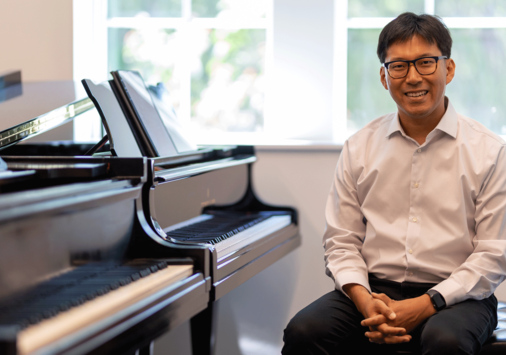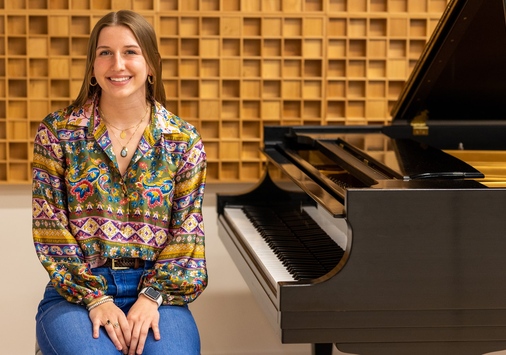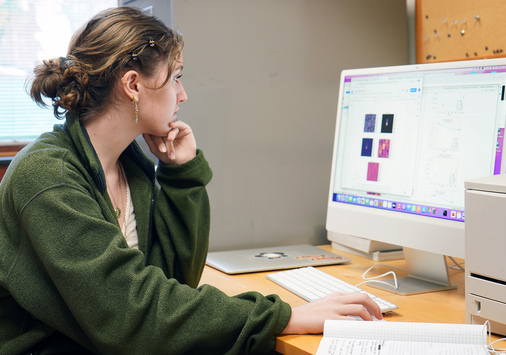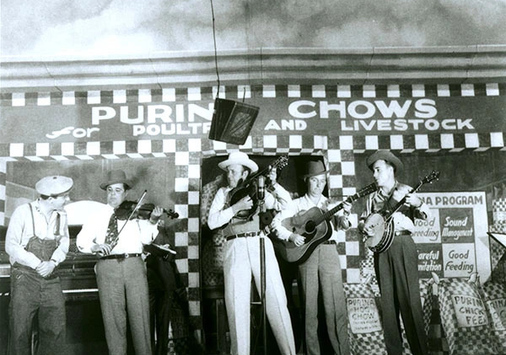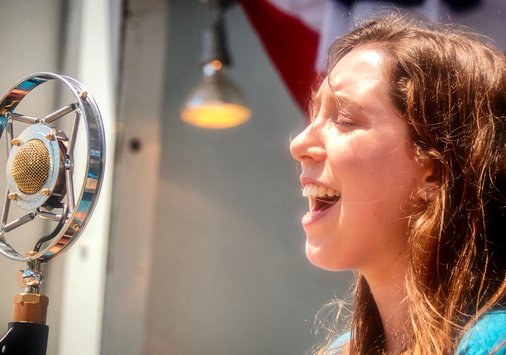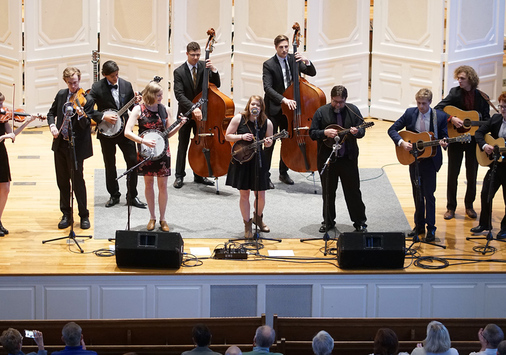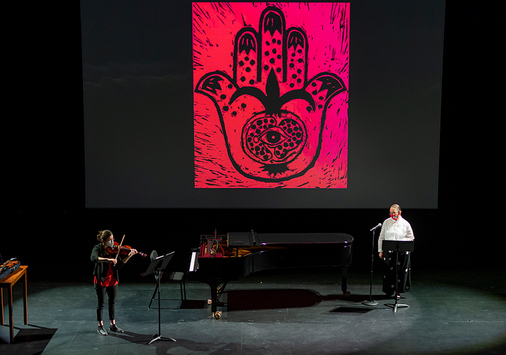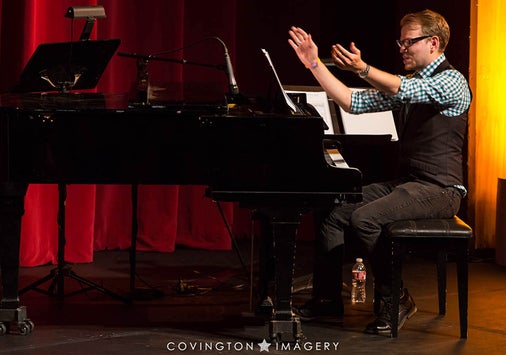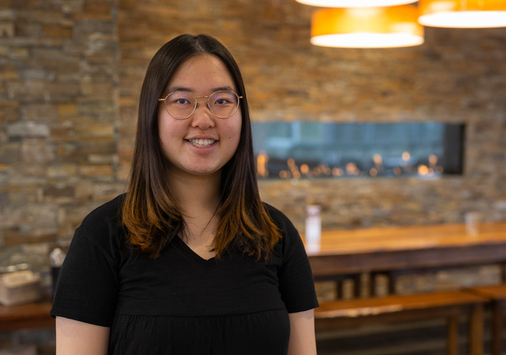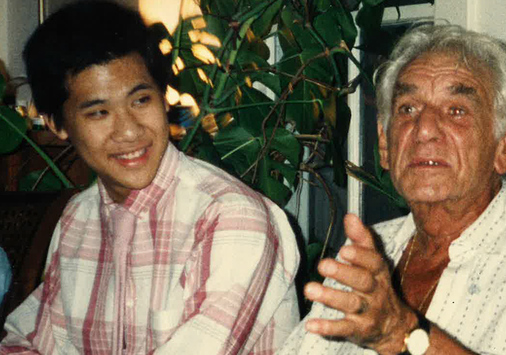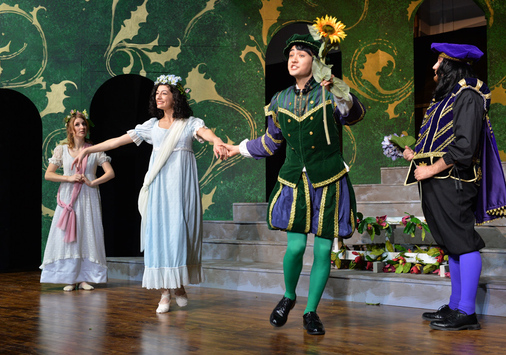“I see this music as an effective lens through which to teach some introductory concepts of music theory and analysis to a broad scope of Denison students, as many of the sounds are more familiar and have more emotional resonance with many students than, say, a Mozart string quartet.”
Gaming music has entered the college discourse. Harris Ipock, assistant professor and director of choral activities, has been inspired by the fiftieth anniversary of Pong to create a class centered around music created for video games.
The study of game music, ludomusicology, has been rising in popularity through the years. The scores from many games are instantly recognizable to those who have played them. Much of Ipock’s class material focuses on the limitations these composers faced throughout game history, as they worked within technological and programming limitations.
Two key aspects found in video game music are interactivity and non-linearity, as the course of the game and the music influence each other when different aspects of the gameplay trigger certain scores.
The structure of the class is designed to promote critical thinking as well as freedom to explore the game music genre. Class projects include weekly analysis of game music by isolating the sounds in its construction and picking apart its creation through writing assignments.
“There are creative assignments as well,” Ipock stated. “Students will be creating their own game soundtracks using composition software that we introduce in class. They can choose to create music from a particular vintage of video games or create something entirely new altogether. We’ve also discussed foley (the practice of creating practical sound effects in games or movies using everyday objects).”
The class itself is also designed to reflect a video game, with Ipock granting students “experience points” (EXP) for completing assignments. (EXP is a general mode of leveling up in roleplaying games, as players collect points to advance to the next level.)
Ipock also is planning to have active game music composers join class via online video chat with students to talk about their lived experiences in the industry. Additionally, students from this course will be involved in the TUTTI music festival, as they play the popular game Journey while Fifth House, the guest ensemble at Denison, performs the music live.
Class engagement has been great. The participation and attendance have reflected the hard work that Ipock has been doing, including brushing up on his early computer hardware knowledge and turning to discussion boards on Notebowl to promote student engagement with each other.
Ipock hopes this class opens new doors. “I’m deeply thankful that my position here at Denison affords me the opportunity to develop courses like this one that attracts Denison students with a broad range of academic interests to the music department,” he said.

